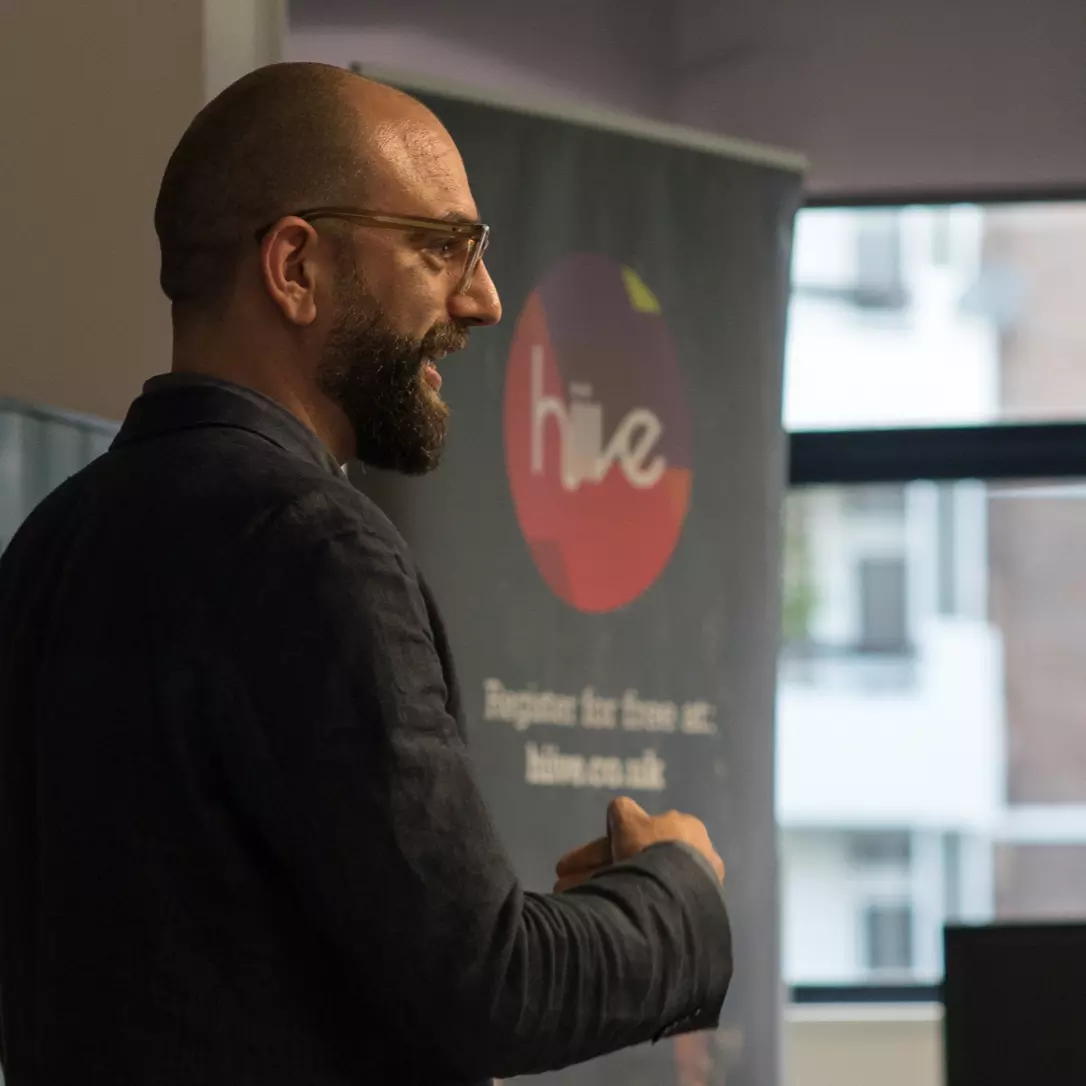Introduction
How predictable…
Whenever I tell someone I’m a developer, I hear the same request: “Make me a website!” It’s as if they expect me to rush to my corner, glue my eyes to the screen, and start typing away like a maniac. Within hours or even minutes, they believe I’ll produce a beautiful website because that’s my job, right?
Before you ask me to make you a website, read this article. If you still want a website afterwards, it’ll be an opportunity neither I nor other developers will pass up.
Start with the Basics
To avoid wasting time and effort, it’s crucial to take baby steps. Don’t skip the first step: identifying your website’s requirements. Documenting everything is essential. This doesn’t mean you need a tome thicker than a dictionary—focus on quality, not quantity. Define the key points concisely.
Base your document on these four questions:
- Why do you want a website?
- Who is your target audience?
- How will your audience interact with your website?
- What will your audience gain from your website?
Your answers should be brief—no longer than one sentence per question.
Building the Foundation
Consider this: “You can’t build a house without building its foundation first.”
Understanding the purpose of your website (question one) helps determine its structure. A static HTML website might suffice if you want to convey a simple message. This approach benefits you by reducing development time and minimising user experience issues. However, if your website needs regular updates—like showcasing your evolving skills—a static site requires frequent maintenance, making it less ideal.
For dynamic content, I recommend a website that uses server-side scripting. This technology allows us to generate dynamic web pages by processing requests on the web server. If this sounds technical, take a moment to look it up. Understanding the basics can save you time and money.
Targeting Your Audience
The second question ensures your website suits your target audience. A website poorly aligned with its audience reflects badly on you. For instance, targeting a younger audience might mean avoiding complex features to prevent confusion and aiming for straightforwardness and minimal interactions for a younger demographic.
Interactivity and Engagement
The third question focuses on how your audience will interact with your site. If you want minimal user action, a non-interactive website might be best. However, if you prefer your visitors to interact with you or each other, we’ll need more than a standalone site—we’ll need databases and server-side scripting.
Providing Value to Users
Finally, if you want to keep users updated with your thoughts or information, we’re talking about content management. The solution? A Content Management System (CMS). A CMS helps you manage and regularly update your content. It’s an invaluable tool for anyone needing frequent updates.
Conclusion
So, you want a website? Now, you have a clear path to making it happen. You can create a website that meets your needs by following these steps and answering these questions.
Time to explore the opportunities and bring your website to life!
Share this article

Contact us to discuss how experience-led tech can make your digital work harder
Get in TouchRelated articles

Blog
6 Things Successful Freelancers Don’t Say
By Cohaesus. Apr 29, 2015

Blog
5 questions to ask before choosing your technical partner
By Cohaesus. Apr 05, 2016

Blog
7 Simple A/B Test Ideas to Start With
By Cohaesus. Sep 29, 2025

Blog
The Cohaesus Guide to Replatforming Your E-commerce Solution
By Cohaesus. Sep 29, 2025
